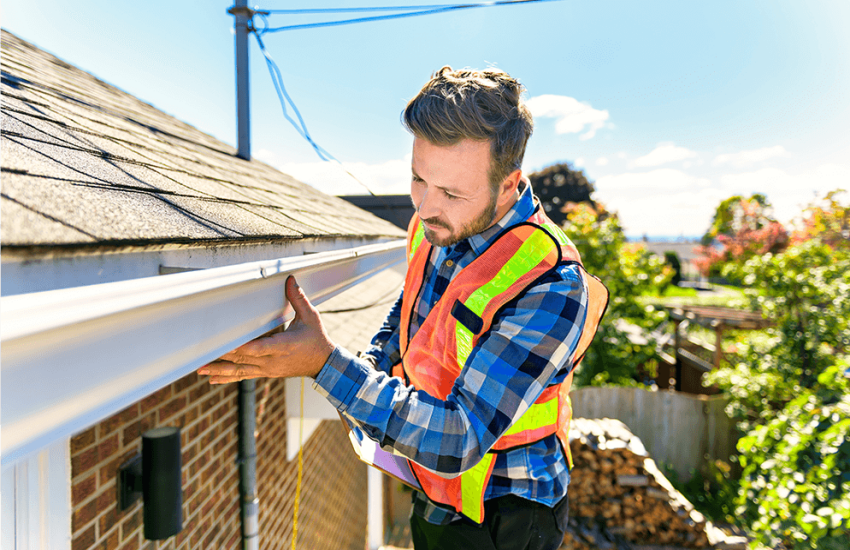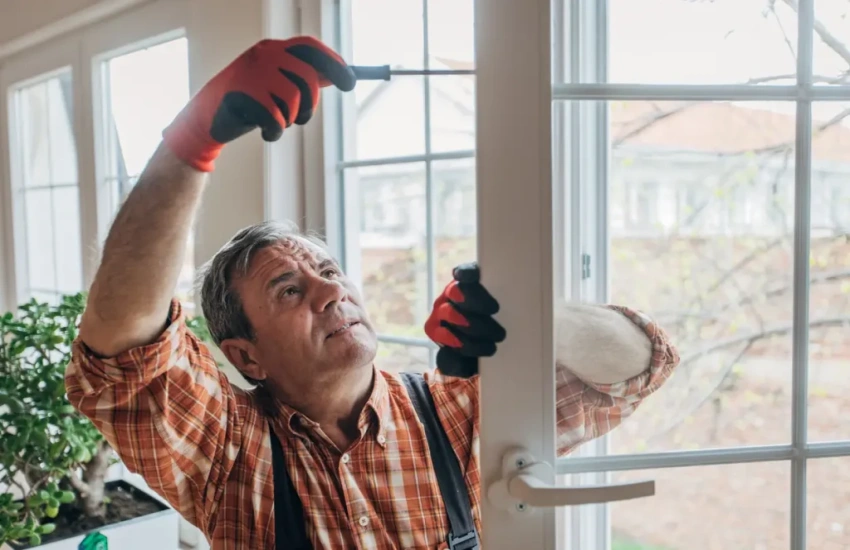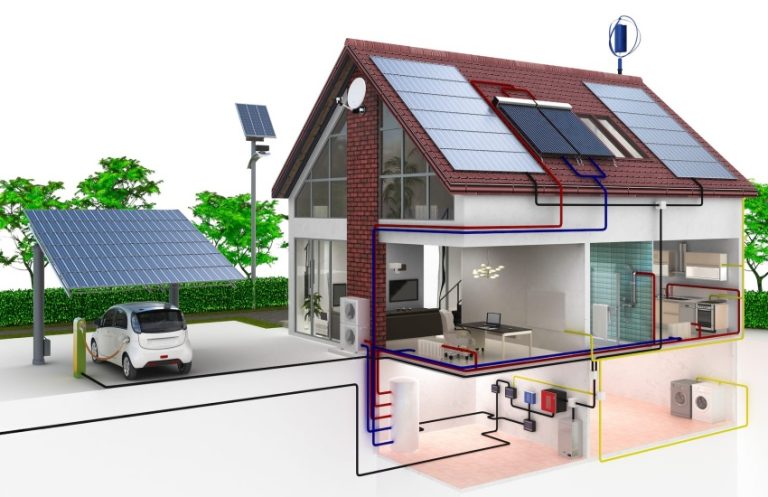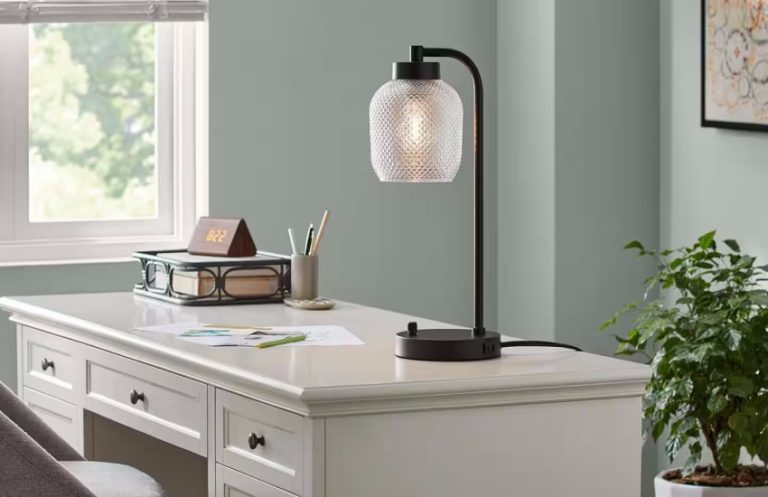
Understanding the seasonal requirements of a home is crucial for effective maintenance. Different seasons bring unique challenges, such as winterizing pipes and checking heating systems before cold weather sets in. In the spring, homeowners should focus on inspecting roofs for damage caused by winter storms and cleaning gutters to prevent water damage. Summer is an ideal time for outdoor maintenance, including lawn care and checking the condition of decks and patios. Fall maintenance tasks often include preparing the home for winter by sealing windows and doors to improve energy efficiency.
Regular inspections of key systems in the home can help identify potential issues early. The plumbing system should be checked for leaks, and appliances such as water heaters and HVAC systems should be serviced regularly. These inspections can extend the lifespan of appliances and systems, ensuring they operate efficiently. Additionally, checking smoke detectors and carbon monoxide detectors is essential for safety and should be part of a regular maintenance routine.
Landscaping plays a significant role in home maintenance. Proper care of lawns, gardens, and trees not only enhances curb appeal but also protects the home’s foundation from erosion and water damage. Regular trimming of trees and shrubs can prevent overgrowth that may damage the home or obstruct walkways. Implementing a seasonal landscaping plan can keep outdoor spaces healthy and visually appealing.
Homeowners should also pay attention to interior maintenance. Regular cleaning of carpets, upholstery, and air ducts can improve indoor air quality and extend the life of these materials. Routine checks on windows and doors for drafts can help maintain energy efficiency. Keeping an eye on paint and wall finishes can prevent peeling and discoloration, which can detract from the home’s appearance.

Establishing a maintenance schedule can simplify the process and ensure that important tasks are not overlooked. Creating a checklist of seasonal tasks can help homeowners stay organized and focused. Utilizing reminders or mobile apps can also assist in keeping track of maintenance deadlines, making it easier to stay on top of responsibilities.
Investing in preventive maintenance can save homeowners significant amounts of money in the long run. By addressing small issues before they escalate, homeowners can avoid expensive repairs and replacements. This proactive approach not only protects the home but also contributes to a more comfortable living environment.
Educating oneself about home maintenance best practices can empower homeowners to take control of their property’s upkeep. Resources such as online guides, workshops, and local home improvement stores can provide valuable information and tools. Engaging with professionals when necessary can also ensure that complex issues are handled correctly and safely.
Importance of home maintenance can lead to a more enjoyable and stress-free living experience. By committing to regular upkeep, homeowners can enhance the value of their property while creating a safe and welcoming environment for themselves and their families. Embracing a proactive approach to home maintenance is a wise investment in the future of any home.






